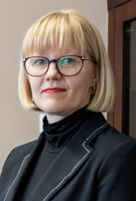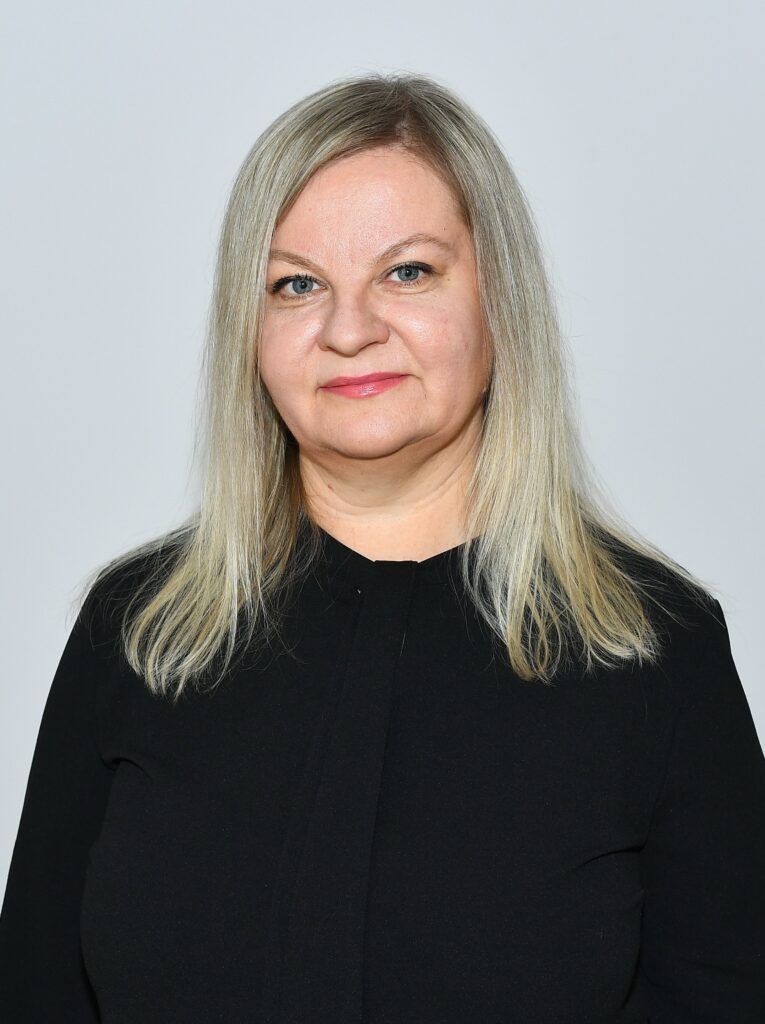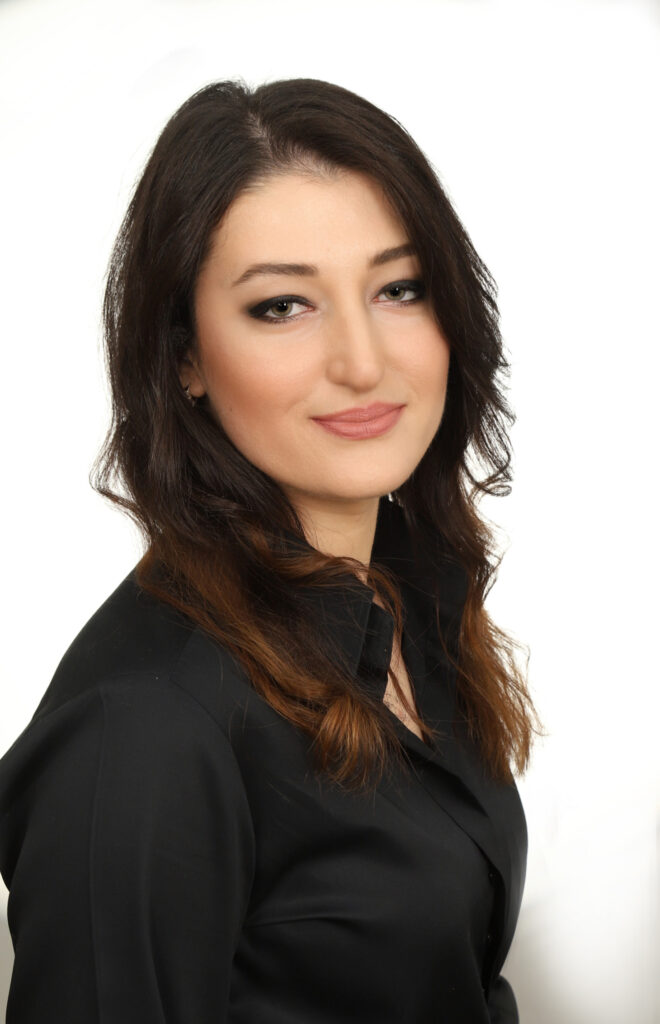
Dorota Chimicz
Assistant Professor at the Department of Special Psychopedagogy, Maria Curie-Skłodowska University (UMCS) in Lublin, Poland.
Her research focuses on the use of assistive technologies in inclusive education, and the organisation of education for students with disabilities through the Universal Design for Learning (UDL) approach.
She has coordinated and participated in numerous international projects. She is the UMCS coordinator of two international projects funded by the Swedish Institute Baltic Sea Neighbourhood Programme: Quality Education and Welfare for Children in Vulnerable Life Situations (QEW-CVLS) and Enhancing the Participation of and Ensuring the Right to Education for Children with Intellectual Disability (EPERE). She was one of the leaders of the Erasmus+ project Open Innovative Resources for Distance Learning (OIR) and has been actively involved in other Erasmus+ initiatives such as Promoting Inclusive Campuses for Equity and Diversity (INCLUSIVE-UNI) and Smartphone as a Tool for Digital School Transformation (START-DS). In addition, she served as a consultant in the international project Accessible School for All, developed by the Institute for Educational Research, UNICEF, and the Ministry of Education and Science.
At UMCS she serves as the Plenipotentiary of the Director of the Institute of Pedagogy for International Cooperation and chairs the Faculty Team for Accessibility for Students with Diverse Needs. She has also been active in institutional initiatives on inclusive education, accessibility, and internationalisation of research.
Her scholarly work includes numerous publications on inclusive education, special education, family support,

Agnieszka Lewicka-Zelent
Associate Professor at Maria Curie-Skłodowska University (UMCS), Lublin, Poland – special education expert: resocialisation pedagogue, typhlopedagogue, and oligophrenopedagogue; psychologist specialising in neuropsychology, clinical psychology, and personality psychology. She is Head of the Department of Resocialisation Pedagogy at the Institute of Pedagogy, Faculty of Pedagogy and Psychology, UMCS.
She is the author of over one hundred publications in pedagogy, penology, criminology, communication, and mediation. A certified mediator and mediation trainer, she has designed and implemented numerous preventive, educational, and resocialisation programmes in schools, correctional institutions, and NGOs. She is also a certified specialist in providing support to victims of domestic violence.
She has acted as an expert in numerous national and international projects, including: SZANSA – Social and professional activation of at-risk youth; Prison Art. Society – European comparisons in theatre pedagogy in prisons; Mum, Dad, What Do You Think? – Innovative preschool education programme; ACE – Active, Creative and Entrepreneurial Youth; PI Nowa Droga – Innovative model of cooperation with enterprises for social and professional activation of young prisoners; CENTRUM AKTYWNOŚCI; NOWY DIALOG – Research on education, training, and employment of prisoners; NOWA SZANSA; FRSE: Inclusive Education Without Borders – Poland–Iceland; FRSE: Inclusive Education Without Borders – Poland–Norway; Pilot Programme on Restorative Justice; OIR – Innovative Educational Resources in Online Learning; Universality+; University Didactic Excellence; Take Care of Your Resources – Resocialisation programme; START-DS – Smartphone as a Tool for an Active and Reflective Transition toward Digital School (Erasmus+); INCLUSIVE-UNI – Promoting Inclusive Campuses for Equity and Diversity (Erasmus+).

Alicja Lisiecka
Dr Alicja Lisiecka is a pedagogue specializing in aesthetic education. She holds postgraduate diplomas in Art History and Contemporary Visual Culture as well as in Public Relations and Media Marketing. She serves as the Faculty Erasmus+ Coordinator. Her project experience includes leading substantive tasks in three international Erasmus+ consortia.
Her research interests focus on aesthetic education and its historical foundations, art pedagogy, popular culture pedagogy, marketing, and cultural animation. She is the author of two monographs and several dozen scholarly articles published in Polish and international journals (including History of Education & Children’s Literature, International Journal of Environmental Research and Public Health, Culture and Education). She has coordinated and participated in international projects.
She was one of the leaders of the Erasmus+ project Open Innovative Resources for Distance Learning (OIR) and has been actively involved in other Erasmus+ initiatives such as Promoting Inclusive Campuses for Equity and Diversity (INCLUSIVE-UNI) and Smartphone as a Tool for Digital School Transformation (START-DS).
